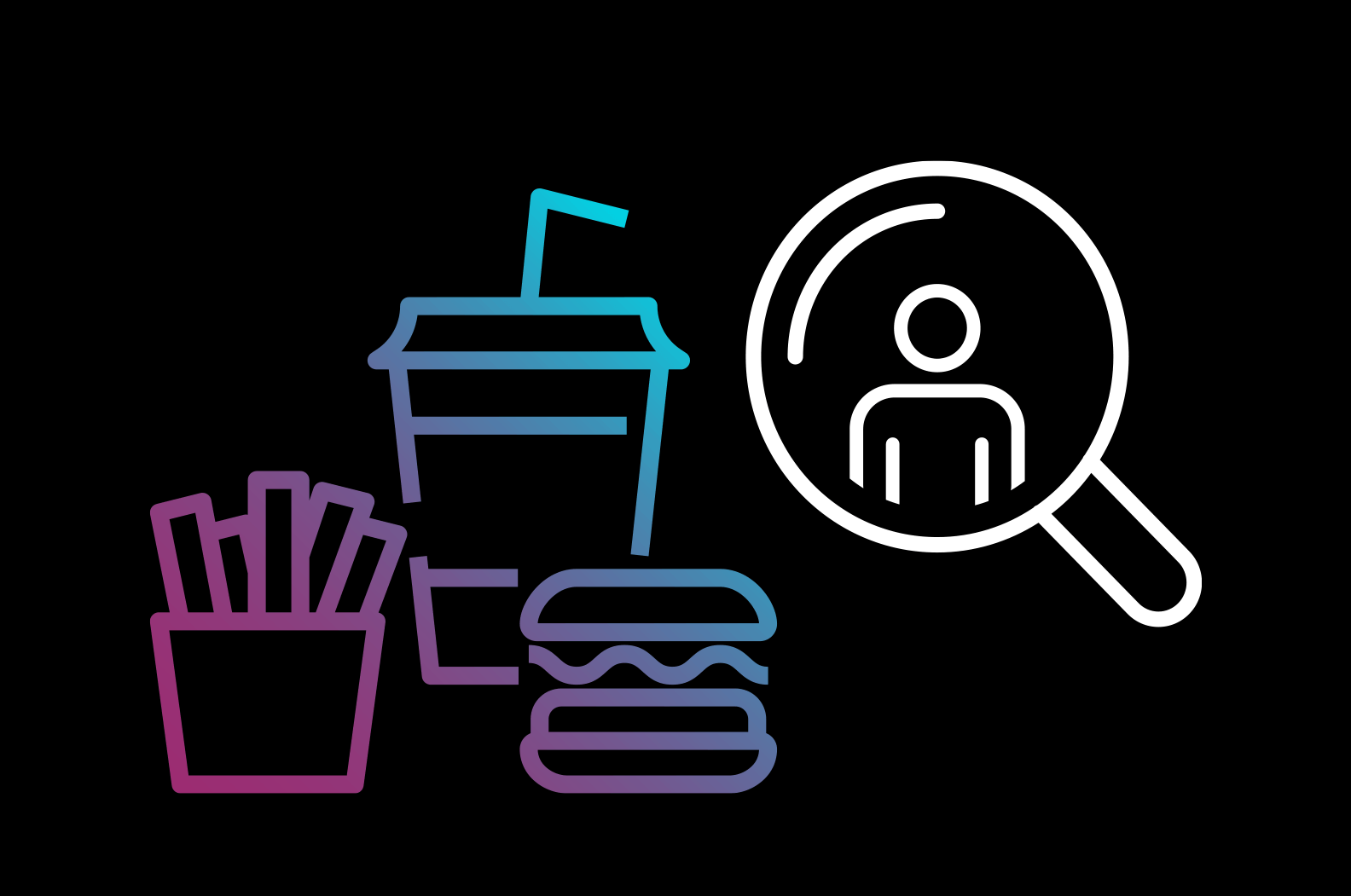Is the Recruiter Who is Approaching you Really Serious?

Three out of 4 candidates have experienced at least one episode of "ghosting" by a recruiter whereas they simply disappear without providing any news or feedback. How did it ever come to this?

Far from being an isolated phenomenon, a negative candidate experience manifests itself in various ways: obscurity in the recruiter's discourse, lack of information regarding the process and lack of feedback. All these behaviors increase the candidate’s dissatisfaction. Do you disagree? According to this LinkedIn article, 60% of job seekers had a bad candidate experience. That's rather worrisome!
Although some job seekers close the door as soon as they find out about the offer, it all comes down to the first real contact, the interview itself as the candidate is also in the position of evaluator. While responding to the interviewer's questions, the candidate is deciphering the attitude of the person in front of them. Are they disorganized, do their words correspond to the information previously received, will my questions be answered, does there seem to be a high turnover rate in this organization? In short, their instincts will lead them to their final decision before the meeting is even over.

Welcome to the McRecruitment era
At the risk of surprising you again, the restaurant industry and recruitment community have a lot in common. The candidate and employer are both clients and “orders”, while the talent acquisition consultant is the server who connects the two parties, leaving the recruitment agency as the restaurant in this analogy. Since there is a range of restaurants, from fast food to 5-star establishments, not all recruitment agencies are equal!
In fact, our constant desire to have "everything and right now" goes so far as to affect the talent acquisition process, to the point where we now speak of fast-food agencies. In other words, recruitment has been facilitated by platforms such as LinkedIn and Indeed and it goes without saying that their huge pool of potential candidates weighs in the balance, especially during times of labor shortages. However, many have capitalized too much on the accessibility and speed of these tools, sometimes to the point of neglecting the human aspect.
While fast food restaurants offer a variety of choices, nothing really stands out more than the other. Hamburgers, breaded chicken, soft drinks, French fries, you can always change the brand however it remains more of the same. Likewise, with certain agencies out there that rely heavily on online application platforms. Take LinkedIn's "simplified application" feature, for example: while this speeds up and simplifies the process for both the recruiter and the candidate, it also imposes a standardized application format without a cover letter, resulting in impersonal applications, more or less identical to the others. It is therefore impossible to see the job seeker's personality through their CV nor the strengths outlined in their personal letter.
A not so “Happy Meal”
Moreover, although quantity rhymes with quality, this does not mean that they are synonymous. In fact, a fast-food recruitment strategy considerably increases the visibility of the position to be filled, however, if you do it too quickly, some important details might escape the talent acquisition consultant’s attention. They are more likely to receive profiles that do not match what the employer is looking for. Therefore, it is better to offer a smaller, more concise menu. Indeed, a good recruiter should pay careful attention to the needs of the client and candidates, in order to know each party well enough to introduce them to each other. It is the same principle as a sommelier, who observes your order to offer you the perfect wine pairing!
In the same vein, ask yourself why fine dining restaurants don't have drive-through services. A serious recruiter should take note from a waiter who takes your order, assures it is to your liking and follows-up with you throughout your dining experience. They should be available until the hiring process is complete. During the integration process and even afterwards, the recruiter continues to play an advisory role for both the employer and the employee, regularly ensuring that everything is running smoothly for all parties. This also applies to other candidates who did not get the job: by getting to really know a profile, the recruiter can steer them towards a more interesting opportunity. A win-win situation!
A phenomenon that does not only affect candidates
Recruiters, candidate and corporate clients, can all, unfortunately, suffer from a neglected recruitment process. In fact in 2020, at the height of the pandemic, 92% of job seekers who had a negative recruitment experience were not shy to share their experience. In an era where social media is one of the main vehicles for social interaction, in 2021, 72% of them did not hesitate to advertise it online, thus tarnishing the organization's employer brand and reputation. As with other social phenomena, Instagram accounts, such as “Balance ta Startup”, have been created to denounce these experiences.
As a result, some candidates will keep a bitter taste in their mouth, cultivating a bad perception of the recruiter and at the same time, of the company. They will not reapply to that agency or organization and will sometimes go so far as to boycott its products and services. By lacking organizational skills and by not taking the time to fully understand the candidate profile nor the needs of the company, recruiters risk losing their trust. On the contrary, if the process goes well, the company will offer other contracts and the candidate will be more likely to recommend it.
To summarize, recruiters, say NO to quantity and YES to quality. To companies, bring your employer brand to life outside of your organization and to candidates, listen to your instincts, and do not hesitate to ask for advice
Some talent acquisition consultants only work for their clients, others only for the candidate, what if they combined the two?
- Log in to post comments


